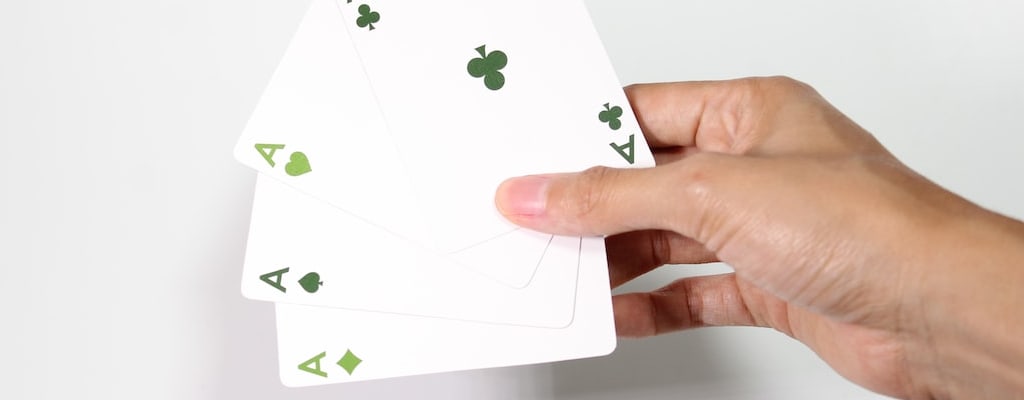ten to one: Idiom Meaning and Origin
What does ‘ten to one’ mean?
The idiom "ten to one" means there is a high probability or likelihood of something happening. It suggests that the chances of a particular outcome are very likely, with the ratio being 10:1 in favor of that outcome.

Idiom Explorer
The idiom "ten-cent word" refers to a word that is unnecessarily complex or fancy, typically used to impress others. It implies that such words are not only overly complicated but also of little value, like a cheap product.
The idiom "take to the bank" means to consider something as certain or reliable, usually in the context of information or promises that can be trusted and relied upon without any doubt or hesitation.
The idiom "take to" means to develop a liking or affinity for something or someone. It refers to one's natural inclination or willingness to engage in or enjoy a particular activity or person.
The idiom "take one's eye off the ball" means to lose focus or become distracted from an important task or goal.
The idiom "take one's chance" means to seize or accept an opportunity or risk without knowing the outcome. It implies a willingness to try despite the uncertainty or potential for failure.
The idiom "take into account" means to consider or include certain factors or information when making a decision or judgment.
Decoding Imbalanced Odds
The idiom "ten to one" is commonly used in the English language to express the probability or likelihood of something happening. The phrase originated in the world of gambling, where odds are often expressed in the format of a ratio. When someone says "it's ten to one," they are indicating that something is highly likely to occur, with the odds heavily skewed in one direction. It can also be used figuratively to express a high degree of certainty or predictability.
Another related idiom is "nine times out of ten." This phrase is used to indicate that something is very likely to happen in the majority of cases. For example, if someone says "nine times out of ten, he'll be late again," they are expressing a strong belief that the person in question has a tendency to be late and it is expected to happen the majority of the time.
Similarly, the idiom "five will get you ten" is used to express a high degree of certainty or predictability. It suggests that the outcome of a situation is almost certain, with little room for doubt. For instance, if someone says "five will get you ten, it'll rain tomorrow," they are expressing a strong belief that based on past experiences or observations, there is a high probability of rain occurring.
When using the idiom "ten to one" in conversation, it is often followed by a clause or an implied result. This allows the speaker to provide further context or details about what they believe is likely to happen. The idiom conveys a sense of inevitability or an expected outcome, emphasizing the speaker's belief in the likelihood of the event occurring.
The idiom "ten to one" is deeply rooted in the concept of probability and certainty. It is a versatile phrase that can be used in various contexts to express the likelihood, predictability, and expected outcomes of different situations. Whether used in its literal sense, as a figurative expression, or in conversation, the idiom conveys a strong sense of probability and expectation. By incorporating related idioms such as "nine times out of ten" and "five will get you ten," we can further emphasize the concept of certainty and predictability in different scenarios.
Example usage
Examples of how the idiom "ten to one" can be used in a sentence:
- He may be late to the meeting, but ten to one he'll have a good excuse.
- Ten to one, it will rain tomorrow, so don't forget to bring your umbrella.
- If you keep practicing, ten to one you'll improve your skills and excel in the competition.
More "Probability" idioms



